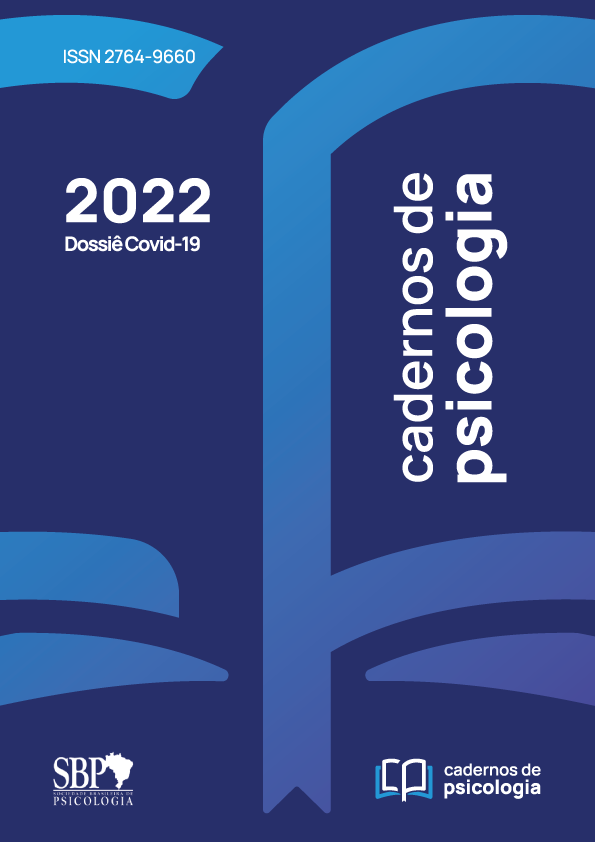Altos níveis de ansiedade na pandemia podem encobrir efeitos do ensino remoto emergencial: Ensino remoto emergencial na pandemia
Abstract
Due to the COVID-19 pandemic, many new pedagogical strategies have been implemented since 2020. There is an uncertainty about how these strategies impact people’s mental health. In this study, the goal was to identify the relationships between three varying models of learning (hybrid, online, and face-to-face) on mental health status, using the Beck Anxiety Inventory (BAI), and the Maslach Inventory Burnout with the addition of indicators of burnout and physical issues. A sample has been made up of 563 undergraduate students, 33.6% were male, 65.9% were female, and 0.5% others, aged 18-26 years, from public (12.3%), and private institutions (87.4%). The results concluded a high level of anxiety among these participants (M = 19.61, SD = 13.96), and higher than the expected BAI norms (10 or lower). No significant differences were found as a function of the type of education, which may be covered by the high levels of anxiety. Other discussions performed anxiety as a function of the COVID-19.
Keywords: Mental Health, Remote learning, Pandemic, COVID-19, Psychology






